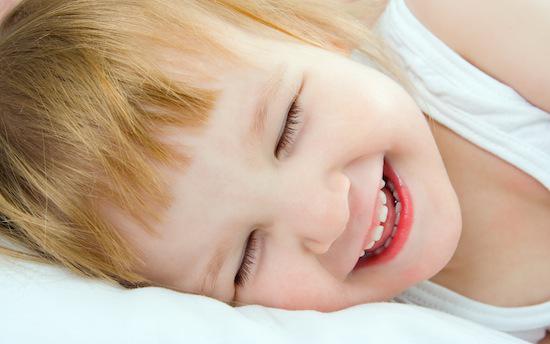660
A sincere smile in a science called "Duchenne smile"

The smiles are sincere and insincere. In most cases we are able to understand - where what. For example, no one will mistake a broad grin best friend with a polite smile stiffly-teller of "McDonald's". But when it comes to special studies devoted to human physiology and psychology, you need to have some kind of standard, to understand the finer nuances of the reaction. To determine the sincerity of smiles, researchers are signs of "Duchenne smile».
The muscles that are responsible for control of the cheeks, and the muscles responsible for opening and closing the eyes, are controlled by different parts of the brain. Parts of the brain that make you keep yourself under control are the same, which can stretch the lips into a fake smile.
This smile involves working the muscles around the eyes, which are much harder to control and therefore less likely that you will make more eye and laugh when you portray a smile.
"Duchenne smile" honor named Guillaume Benjamin Duchenne de Boulogne Aman. Duchesne lived in Paris in the mid 19th century and surprised people seemingly crazy trying to figure out whether the facial muscles associated with the soul, or not. He did not find any spiritual binding channel, but found that there are muscles around the eyes, which are difficult to control and which are an integral part of involuntary smile. Duchesne has collected a huge amount of data on the muscles of the face, which is supplemented by the data of researchers to this day.
via factroom.ru























